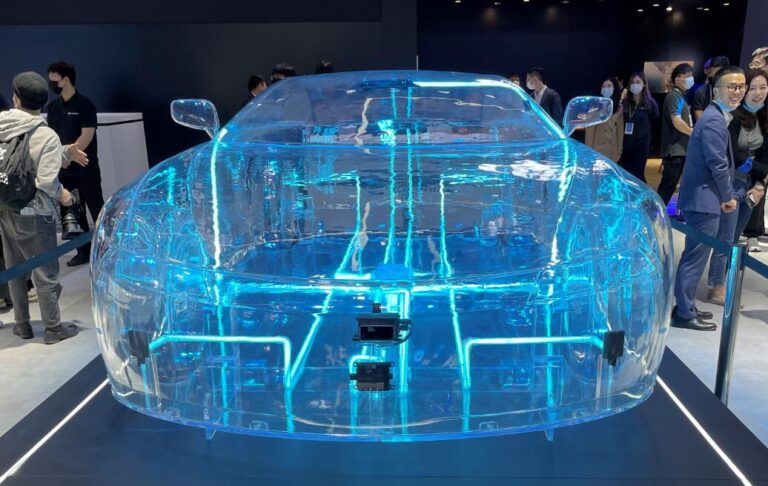More good news is coming out about automotive chip supply.
Global automakers can expect a sharp uptick in chip supply in the coming weeks, semiconductor manufacturing giant Taiwan Semiconductor Manufacturing Company (TSMC) said Thursday.
TSMC said in an earnings call that its Microcontroller Unit (MCU) production in the first six months of the year rose 30 percent over the same period last year, and the company will increase MCU production by nearly 60 percent this year compared with last year.
Through these measures, the company expects the shortage of automotive chips for its customers to ease significantly starting this quarter, TSMC CEO CC Wei said.
But the broader semiconductor shortage could last until 2022, the company added.
As more cars become electrified and automated, demand for chips from the automotive industry is expected to increase, according to Wei. Earnings data show that TSMC's revenue from automotive chips rose 12 percent in the second quarter.
The chip shortage that has plagued automakers around the world has lasted for nine months. As supply improves, Wall Street analysts recently raised their expectations for automotive chip supply.
JPMorgan previously said that in the second quarter, global automakers were forced to cut production by 1.9 million units due to chip shortages. As chip supply improves, the figure will drop to 399,000 units in the third quarter.
In a research note in May, top Chinese investment bank CICC said that chip supply bottlenecks dragging down sales performance and earnings pressure due to raw material price hikes are two core concerns for investors in the auto sector.
However, the good news is that the team believes that looking forward, these two major concerns are improving at the margin, and the share price correction has been price in the pressure on the performance of the car companies.
On the chip supply side, CICC expects it to have an impact on sales in the second quarter of around 200,000 units, less than the first quarter, signaling a marginal improvement in the impact of the chip issue.
Late last month, Japan's Renesas Electronics Corp said it had restored 100 percent of capacity to pre-accident levels at the N3 Building of Naka Factory, which was damaged by a fire in March this year, as of the evening of June 24.
Renesas holds nearly one-third of the global market share for automotive microcontroller chips, and the fire hit global automotive production hard.

